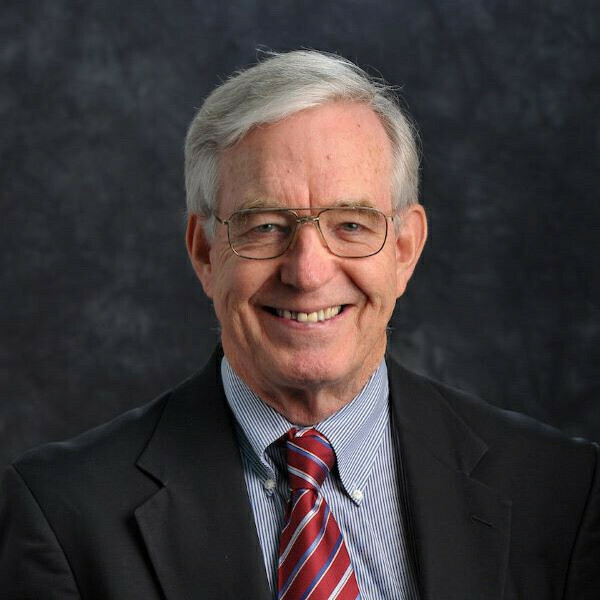Phillip R. Sloan

Professor Emeritus, Program of Liberal Studies
Professor (Emeritus) Graduate Program in History and Philosophy of Science
Education
M.A. (Philosophy), Ph.D. (Philosophy), University of California, San Diego
M.S. (Marine Biology), Scripps Institution of Oceanography
B.S. (Zoology, Chemistry), University of Utah
Research and Teaching Interests
History and Philosophy of Life Science; Great Books, History of Science; Science and Religion; Contemporary Bioethics
Bio
Phillip Reid Sloan is Emeritus Professor in the Program of Liberal Studies, Notre Dame’s “Great Books” Program, and Emeritus Professor in the graduate Program in History and Philosophy of Science at the University of Notre Dame, where he joined the faculty in 1974. He has served twice as Chair of the Program of Liberal Studies (1985-1993; 2000-2002), and as Director of the Program in History and Philosophy of Science (1994-1997), Director of the John J. Reilly Center for Science, Technology and Values (1997-1999), and Director of the Program in Science, Technology and Values (1999-2002). Prior to his appointments at Notre Dame, Sloan taught in the Department of Biomedical History at the University of Washington, Seattle (1960-1974).
Sloan began his career as a biologist (BA, University of Utah, 1960) with advanced graduate work in biological oceanography at the Scripps Institution of Oceanography (1960-1965) (M.S. Marine Biology, 1964), where he participated in deep-sea biological work. In this capacity he served as expedition biologist on the Lusiad portion of the International Indian Ocean Expedition (1963), which among other things, worked on the basic data collection supporting the Continental Drift theory. Following this (1964-65) he worked with the Food Chain Research Group at Scripps Institution on photosynthesis in the sea.
Transferring to the graduate program in Philosophy at the new University of California, San Diego in 1965, he completed a doctoral degree (1970) with a dissertation on the species concept in biology. Since that time his specialized work has been in the history and philosophy of life science, with studies on early modern life science, evolutionary theory, and more recently in the history of genetics, biophysics and the philosophy of biology. In his teaching in the integrated liberal arts program at Notre Dame (Program of Liberal Studies), his teaching has been in general philosophy, intellectual history, and the history and philosophy of science.
Sloan currently lives in the Holy Cross Village, a retirement community near the University of Notre Dame. He and his first wife Sharon Borg Sloan (d. 2009), are parents of four daughters (Laura b. 1959; Mary b. 1961; Kathleen b. 1963; and Sheila b. 1965), grandparents of ten, and great grandparents of seven. His second wife, Mary Katherine Tillman, deceased in 2022.
Email: sloan.1@nd.edu
Phone: 574-261-2194
Office: 543 Flanner Hall